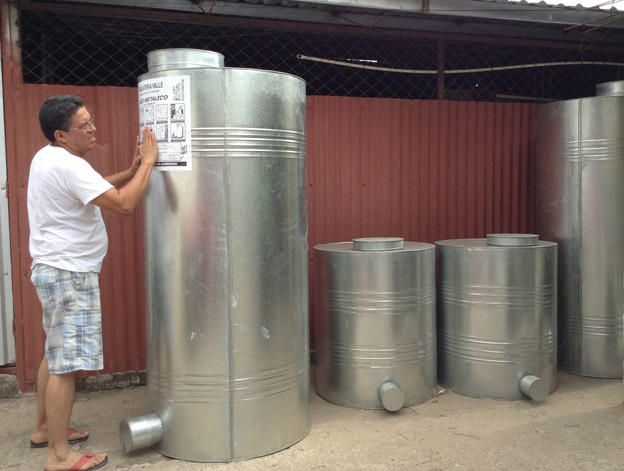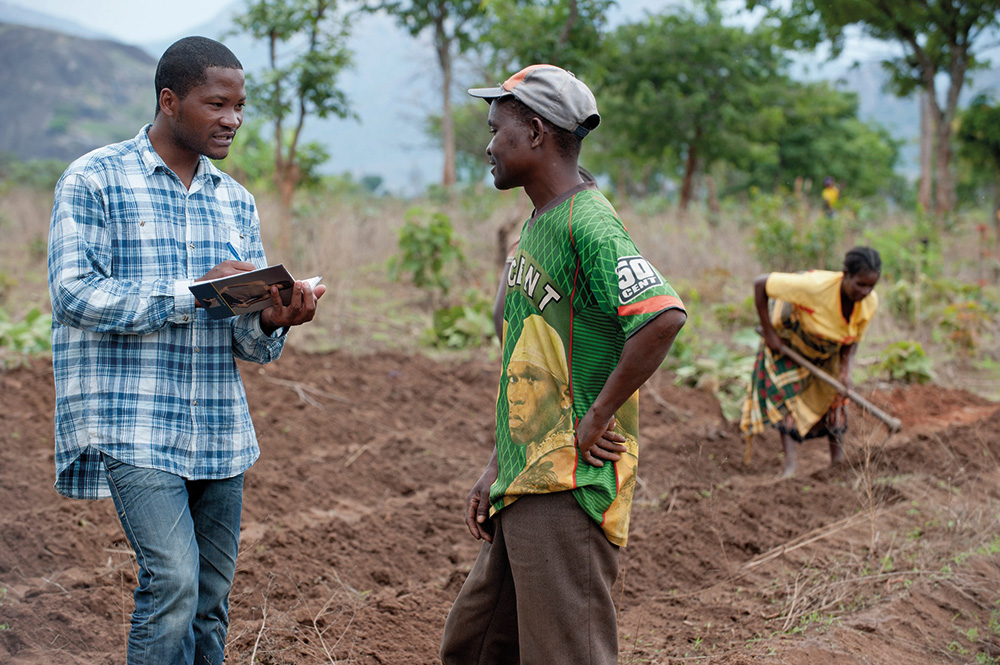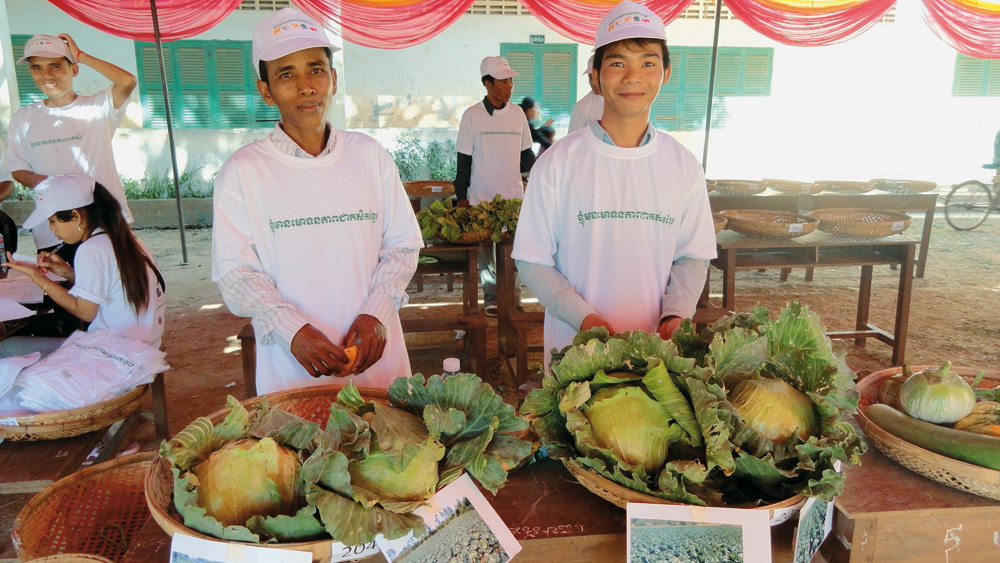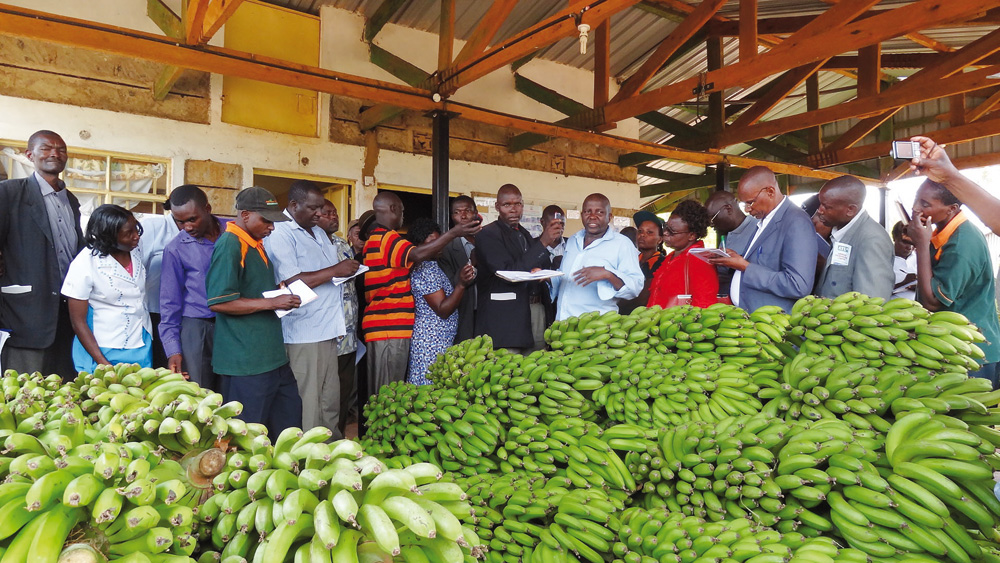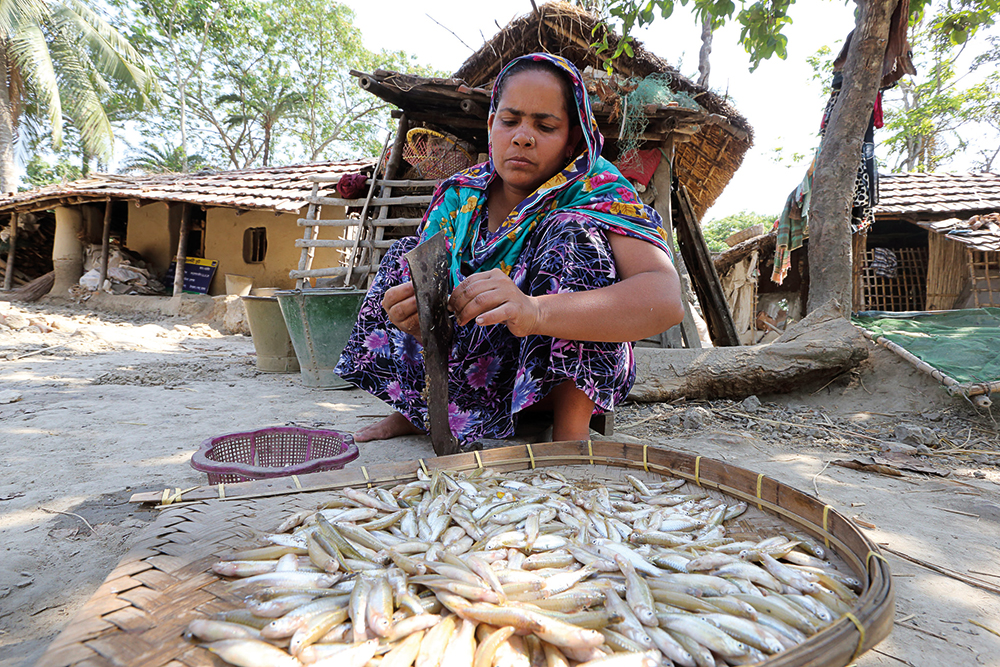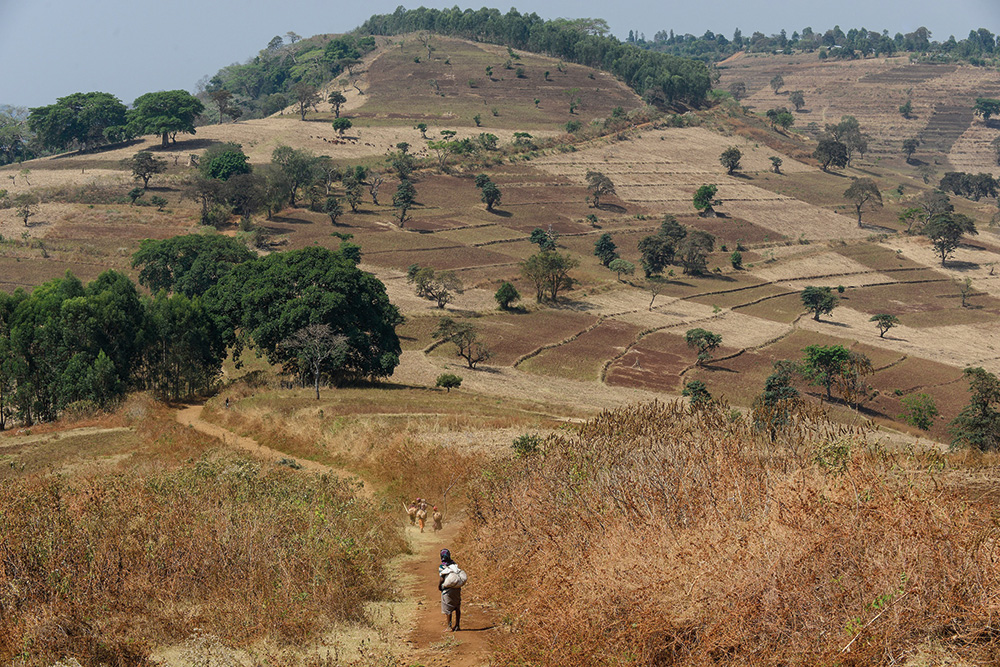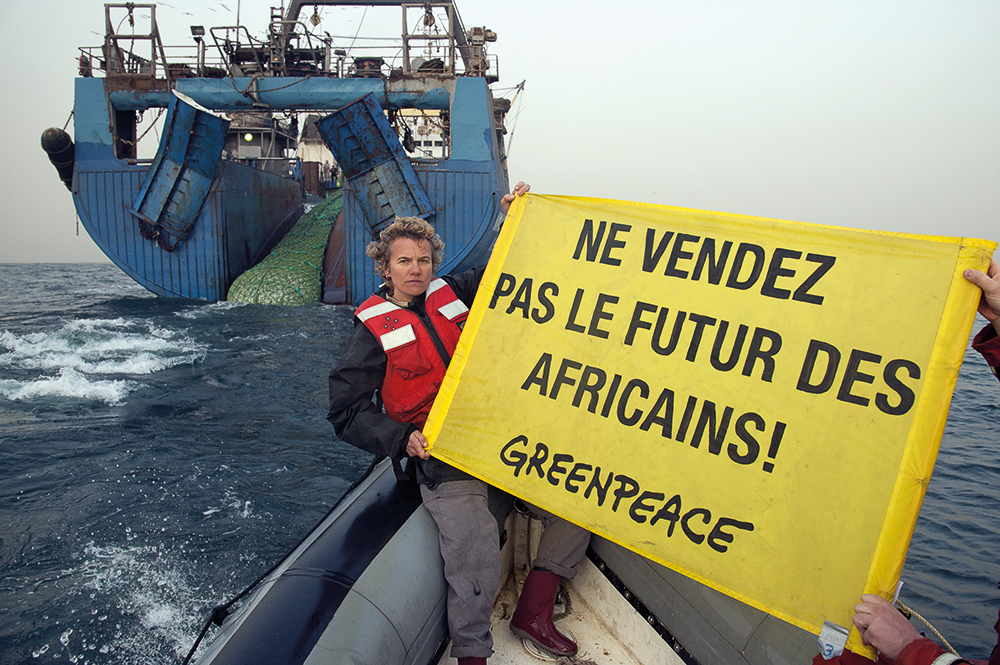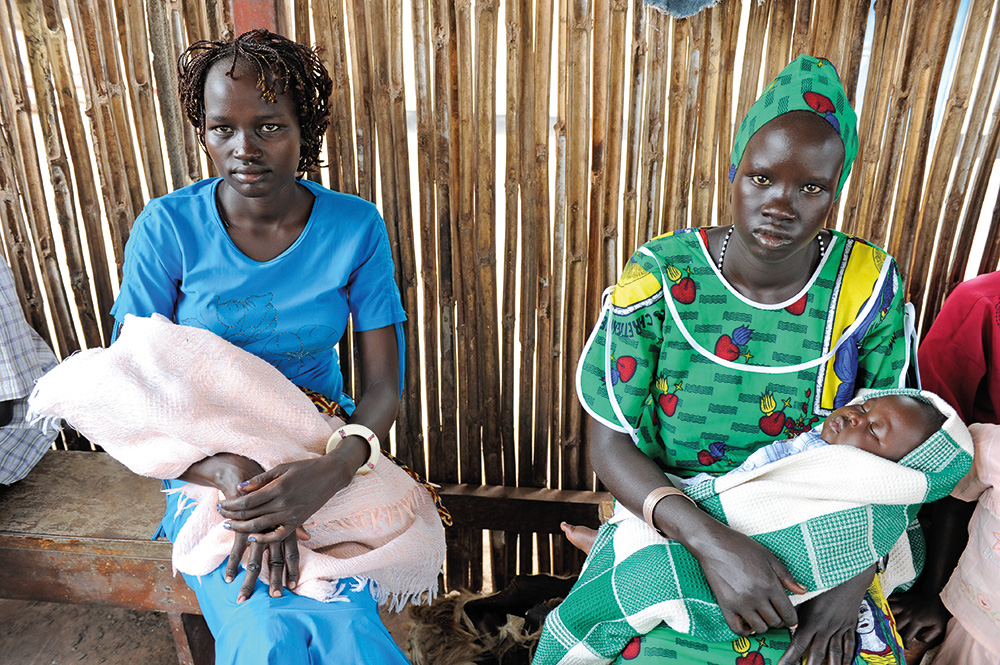Simple technology, big impact
More than 30 years ago, the Swiss Agency for Development and Cooperation (SDC) started a post-harvest programme in Central America named “Postcosecha”. The significant impact that was still evident long after the project end also continues to exist after the cessation of external support. The current priority in SDC’s contribution to post-harvest management (PHM) is to use existing knowledge and experience to create conditions for scaling up the most appropriate PHM technologies in sub-Saharan Africa.

